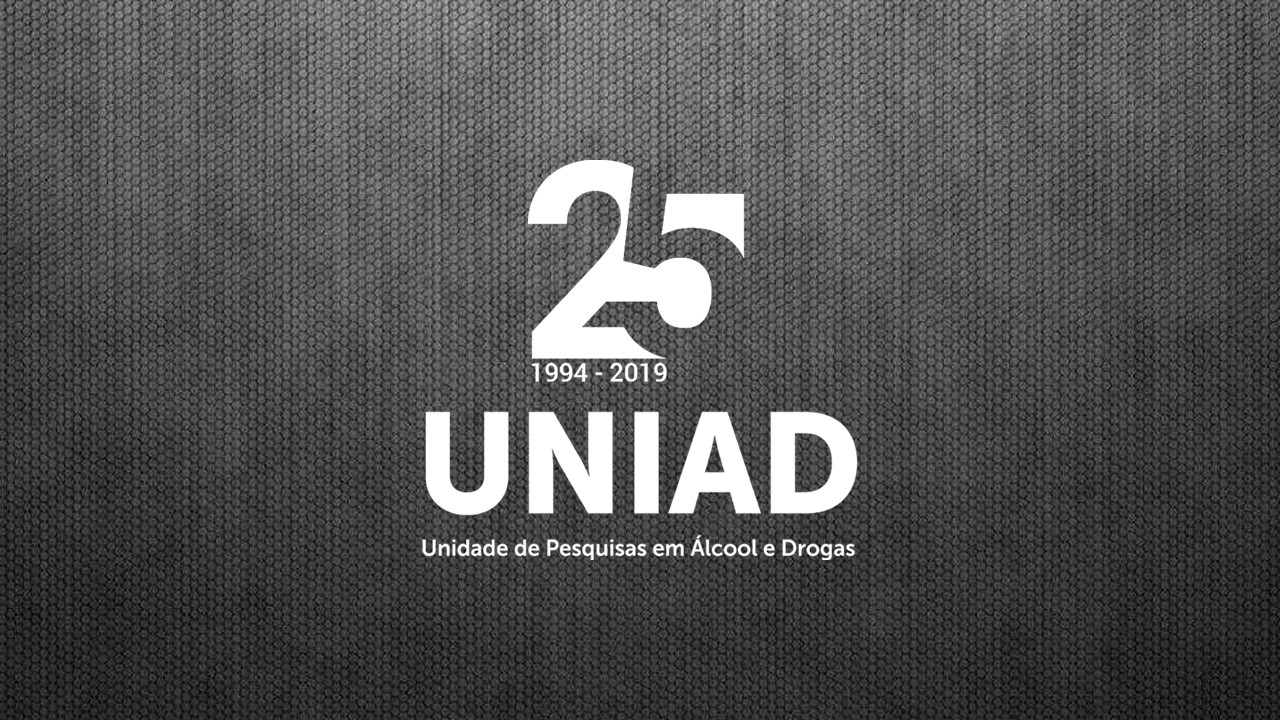Who Is Really the Source of Alcohol Policy Information: The Example of a Social Aspects and Public Relations Organization in Brazil
Dear Editor:
The Information Center on Health and Alcohol, known as CISA in Portuguese, is a social aspects and public relations organization funded by the alcohol industry that is located in São Paulo, Brazil. Since 2005, AMBEV—part of the AB InBev group, the largest alcohol industry worldwide—sponsors CISA as a component of its corporate social responsibility activities (Pinsky&Laranjeira, 2008). Currently, the transnational corporation Heineken, AMBEV’s main competitor, also funds CISA (Centro de Informações sobre Saúde e Álcool, 2020). Aside from the alcohol industry, there is no other source of funding that is disclosed on the organization’s website or in documents made available to the public.
Nevertheless, CISA describes itself as an independent, public interest nongovernmental organization (NGO) and has partnerships with both universities and medical organizations. According to their press agency, which also serves AMBEV, the organization serves as the main source of information about alcohol-related topics for the Brazilian public and media (Planin, 2020).
Savell et al. (2016) described a number of “information strategies,” which are tactics used by the alcohol industry to influence and shape alcohol policy regulations, including the development of relationships with policymakers and the commission, writing, and dissemination of research, technical reports, books, and other publications.
These tactics typically generate literature that lacks scientific rigor, resulting in imprecise information regarding alcohol but which will then contribute to shaping social norms in a manner that is more favorable to the alcohol industry’s interests (Lim et al., 2019). CISA is currently active in the distribution of their own non–peer-reviewed publications, using unclear methodology to analyze public data from the national health information system, revising scientific literature, and replicating data from national surveys to support select recommendations and guidelines from the World Health Organization (WHO).


